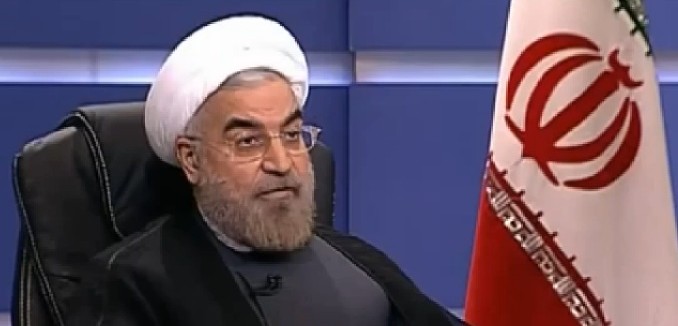Earlier today the Iranian government certified that Hassan Rouhani – a cleric historically aligned with the so-called “conservative pragmatist” camp of President Akbar Hashemi Rafsanjani – will be Iran’s next president. Rouhani is set to take office on August 3, and will replace incumbent Iranian and long-time Rafsanjani rival Mahmoud Ahmadinejad.
In contrast to Ahmadinejad, who had reportedly been at odds for months with Supreme Leader Ali Khamenei, Rouhani is considered politically and professionally linked to Khamenei. Rouhani’s official resume lists him as “Representative of the Supreme Leader to the Supreme National Security Council, 1989-present.” During Iran’s February 2011 pro-democracy protests Rouhani called on the public to reject the demonstrations and obey Khamenei. Rouhani’s loyalty is credited with allowing the President-elect to survive the Guardian Council’s electoral vetting process, which eliminated some 670 presidential aspirants and permitted only eight candidates to run.
Despite historical tensions with pro-democracy reformers, Rouhani became the de facto anti-government protest pick after the country’s powerful Guardian Council purged an initial list of some 680 presidential applicants to just eight candidates, and after a relatively reformist candidate, Mohammad Reza Aref, dropped out. A Western diplomat who spoke to AFP described how on the final list “all candidates with a chance of winning are either related to the leader or to the security apparatus.” Secretary of State Kerry echoed the evaluation.
Analysts are especially focusing on whether Rouhani can have an effect on Iran’s posture in nuclear negotiations, and if so what that effect is likely to be. The power of Iranian presidents is limited in that regard. Khamenei directly controls the country’s approach to nuclear talks. He has already forbidden any future president from making any concessions to the West and rejected bilateral talks with the United States.
As for Rouhani himself, he stated during the election that, should he win, he would like to restart talks with the West. Rouhani himself has boasted that, as the country’s nuclear negotiator during the administration of then-President Mohammad Khatami, he used negotiations to split Western allies, and to provide time for the regime to “build up” and “complete[]” nuclear technology it was pursuing.
Regarding Iran’s non-nuclear foreign policy in the region, Rohani has urged continued support for the Bashar al-Assad regime in Syria.
[Photo: PressTVGlobalNews / YouTube]




